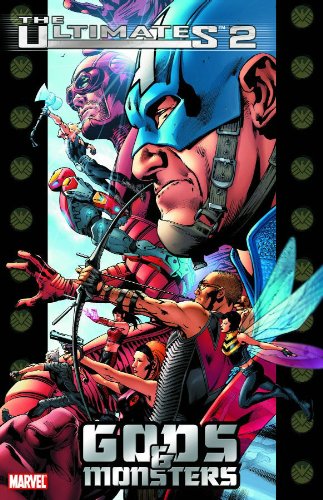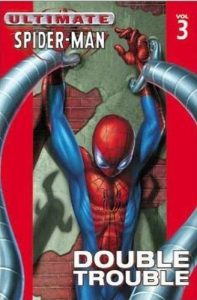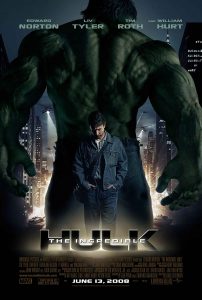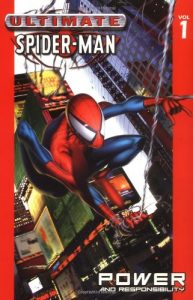This latest UXM title continues the trend of improvement while at the same time falling terribly short of the expectations Mark Millar has set in his Ultimates titles, a fact advanced from sad to ironical by virtue of the fact that Ultimate War is plotted as a battle between the X-Men and the Ultimates. Set between the first two Ultimates volumes (you can tell because Quicksilver and the Scarlet Witch are recruited to the Ultimates’ ranks here), the X-Men are being hunted down because Professor X made a possibly understandable but ultimately flawed choice regarding the fate of Magneto, some months back. Now that Magneto is on the loose and running his mutant terrorism organization again, well, mutants in general and Xavier’s X-Men in particular are once again in heavy political disfavor. As a result of which: battle between superhero teams. It’s a common enough trope, but the intelligence of the writing mostly makes it work well.
Or perhaps I’m just easily impressed by the X-Men being decently written instead of terribly? I can only hope the trend continues, either way.

 For the most part,
For the most part,  I can’t really explain what went wrong with
I can’t really explain what went wrong with  A thing that is rapidly striking me as odd about the Ultimate Marvel universe is how unrelated the stories are, compared to 1960s Marvel. I mean, I’ve read three origin stories now, and all of them refer to events that are mutually exclusive of each other. As though they’re all actually set in mildly disparate realities from one another. This is not something that troubles me particularly, just an oddity. I mention it in part because it struck me last time and I never said, but also because it’s one of the many aspects informing my reading of
A thing that is rapidly striking me as odd about the Ultimate Marvel universe is how unrelated the stories are, compared to 1960s Marvel. I mean, I’ve read three origin stories now, and all of them refer to events that are mutually exclusive of each other. As though they’re all actually set in mildly disparate realities from one another. This is not something that troubles me particularly, just an oddity. I mention it in part because it struck me last time and I never said, but also because it’s one of the many aspects informing my reading of